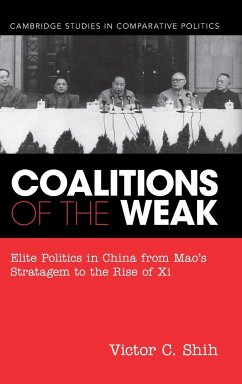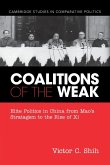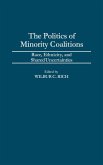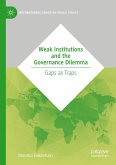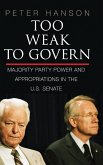"In mid-1975, a sickly Mao had one of the last meetings with the Politburo. During the meeting, Mao shook hands with the entire Politburo, probably for the last time in his life. When he greeted alternate Politburo member and Vice Premier Wu Guixian, Mao confessed "I don't know who you are." An embarrassed Wu said "Chairman, we met in 1964 during the national day parade." Mao compounded her embarrassment by responding "I didn't know that" (Mao 1975). It was both surprising and expected that Mao had failed to recognize Wu. On the one hand, Wu's elevation into the Politburo and into the vice premier position had been recommended by Mao himself at the 10th Party Congress less than two years before Mao shook her hand (Teiwes and Sun 2007: 101). It was therefore astonishing that Mao failed to remember the name of his hand-picked political rising star. On the other hand, Wu was far from a revolutionary veteran with whom Mao had worked for decades like Deng Xiaoping or Ye Jianying. Mao greeted those two warmly at the meeting by calling them by their nicknames, "Xiaoping" for Deng and "Old Marshal" for Ye (Mao 1975). In contrast, Wu had only joined the party in 1958 and had been nothing more than a model worker until the beginning of the Cultural Revolution (Huang 2007). With the formation of the revolutionary committees at every level of governments starting in 1967, Wu found her career enjoying a rocket-like rise toward the center of power. Still, among the millions of model workers who had benefited from a class-based promotion system instituted during the Cultural Revolution, Wu's elevation to the Politburo was striking"--
Hinweis: Dieser Artikel kann nur an eine deutsche Lieferadresse ausgeliefert werden.
Hinweis: Dieser Artikel kann nur an eine deutsche Lieferadresse ausgeliefert werden.

